Little one got his first series of shots at the doctor’s office today, evidenced by three, blue paw patrol bandaids on his left and right thigh. I watched the nurse hold down his legs while I wrapped my fingers into his clenched fists and thought about all sorts of things: Did she have the right doses? Was she sticking him too close to the bone? How much was it really going to hurt? Was I choosing to do something that would cause more harm than good for this small little life screaming his head off?
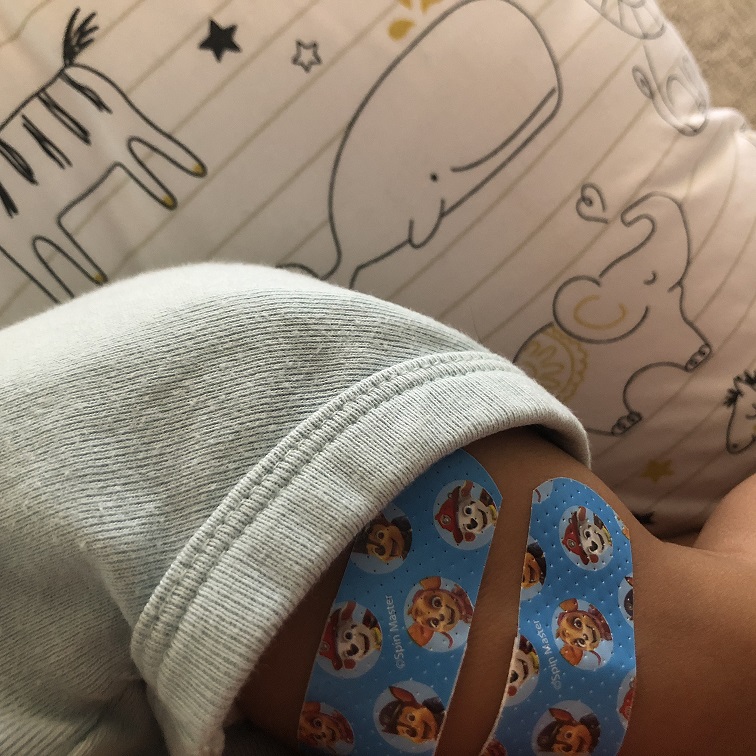
Just to be clear, I am not anti-vaccines. I’m a nurse. Most recently, a school nurse who worked in public health during a once- in-a-century pandemic. As a healthcare professional, I understand the reported benefits.
And yet.
That doesn’t mean I don’t have my hesitations, my late night wonderings about the political power of big pharma and the implications that billion dollar industry has on each of our lives. In fact, it’s one reason I got out of hospital nursing. I just didn’t see the evidence that all of the drugs I was administering to my patients were really leading them to healthier lifestyles. Dependency on western medicine and its ever growing need for intervention, certainly. But to long-term health? And quality of life?
Very, very questionable.
But it’s complicated, right? As are most things in life and new mamahood. We live in this era inundated with information. So much information. And I think there’s this belief that if we just read enough or enter the right terms in the google search box, we’ll come to conclusions that are reliable, clear. Evidence based.
And sometimes that’s true.
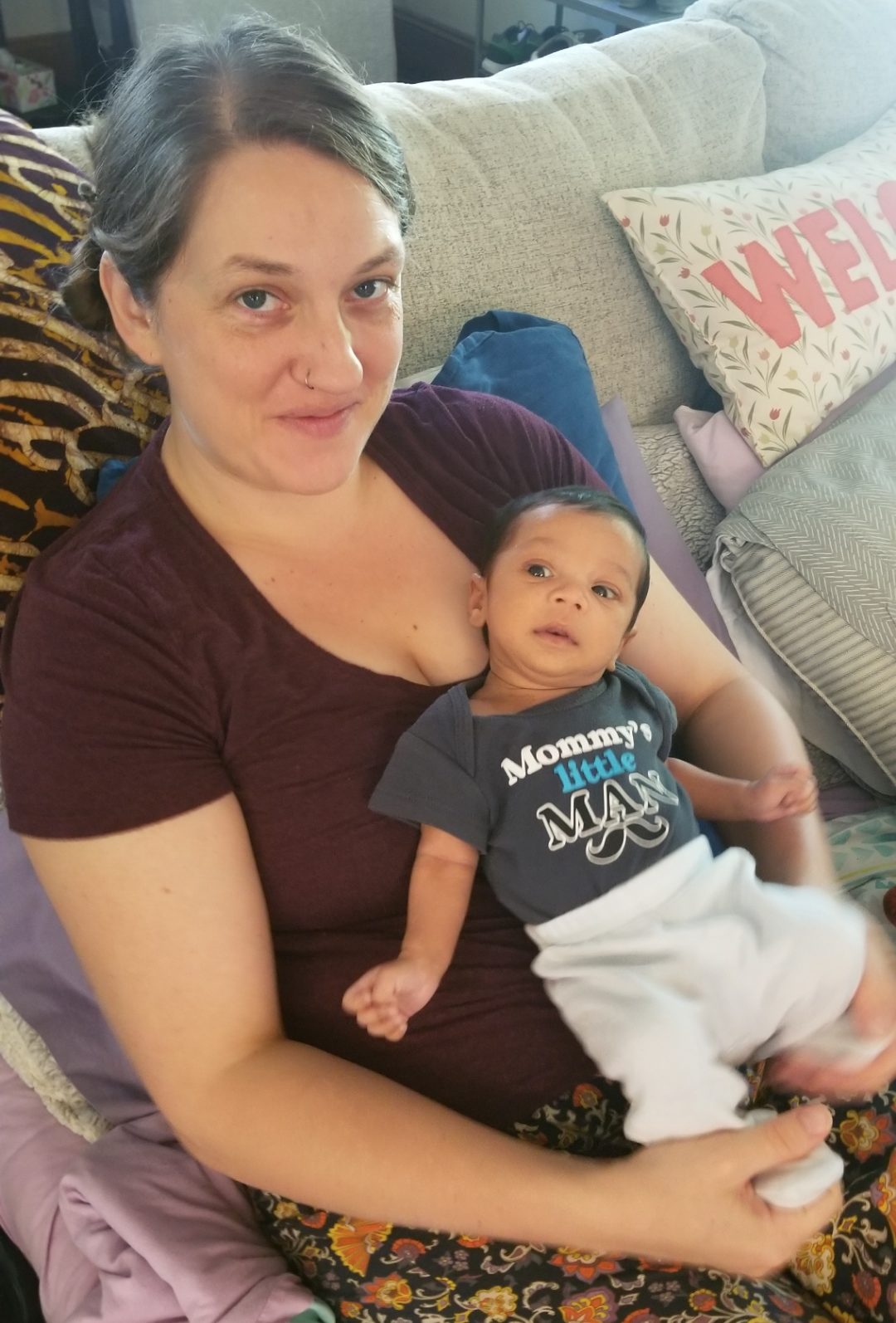
But what I know about science, from having studied and experienced its process in real life, is that it’s always changing. The most recent example of this is of course the pandemic. Over the course of several years a lot of data has been collected and the best course charted and re-charted endlessly. In fact, the mental gymnastics this has required of the general public can only be described as maddening.
Those in the healthcare field were probably more prepared for the many twists and turns the pandemic took. One of the earliest lessons we learn in science is that it’s always evolving. It’s not a finish line or infallible. It is not God. Which can be extremely frustrating as a human working in or outside of the medical world. Because the decisions we make based on science have such life altering effects.
“If any harm comes to my unborn baby, I’m coming for him (Faucci)!”
I sort of joked to my sister after receiving a COVID-19 booster during the 1st trimester of pregnancy. I got COVID-19 a week later and I’ll never know if it would have been worse without the booster or not. In truth, we may not know during our lifetime the long-term effects of the vaccines developed during a global pandemic. Because truthfully, what we know, what science can tell us, is extremely more limited than is comfortable for us to believe.
It’s not just vaccines. As a new mom, there are so many scary, potentially life threatening booby-traps to navigate (yes, I’m talking about breastfeeding but that’s just the tip of the iceberg). For example, there’s evidence suggesting the promotion and advertising of companies who make infant formula caused a lot of harm in convincing mothers not to breastfeed.

My Grandma has her own story of giving birth to her first daughter in the 1960’s and the doctor “giving her a shot to dry up her milk supply” without her knowledge. She was trying to nurse her newborn, meanwhile her baby was not receiving any milk and going hungry. Wether this is 100% true or not is debatable. What is not debatable is the long-lasting trauma and regret it caused my Grandma.
Before having Noah, my plan was to breastfeed 100%. In fact, I didn’t even consider that I’d need to pump or supplement my milk. We purchased a pump through our HSA just to have on hand for convenience. The idea of supplementation never crossed my mind until the lactation nurse in the hospital looked at me and my just-born-baby worriedly and cautioned me not to lose my milk supply. I didn’t even have one yet but I was already terrified that 1) I wouldn’t have enough and 2) That my baby wouldn’t have enough.
So, Noah received his first milimeters of formula in the hospital.
And trust me, I get it. Breastfeeding is really, really hard. It’s time consuming and for me, personally, has been uncomfortable to the point of pain on many occasions. The first week we were home, we had a lactation consultant come visit. I had a feeling something just wasn’t right and she confirmed Noah had a tongue and lip tie, possibly making it harder for him to feed successfully. Enter more fears about my adequacy as a mom to provide nourishment for my new baby. In the following weeks, I experienced not only thrush but bleeding and cracked nipples.
Sometimes, it felt like there were tiny, hot knives stabbing my nipples when he fed.
Do I get why some moms choose to formula feed their babies? 100%. Also, let’s address the fact that for some moms it’s not a choice, it’s a necessity. For many valid reasons. Yet- in the pushback against the formula era most of us grew up with, there can be some really shaming content from the “breast is best” side of the line as well.
Why is there a line at all?
It’s so hard being a brand new mom. The fact that there are “sides” to so many of these controversial topics feels exhausting. Can I vaccinate my kiddo but still maintain a healthy skepticism towards vaccines in general? Can I do my best to follow the safe sleep guidelines put out by the AAP but also feel okay about contact napping and bed sharing if it’s the only way my little one (or I) can sleep? (Interestingly enough, the “back to sleep” campaign is fairly recent. Most of us were probably put to sleep on our stomachs because most babies just sleep better that way. Another example of how science and recommendations from the medical community are a moving target).
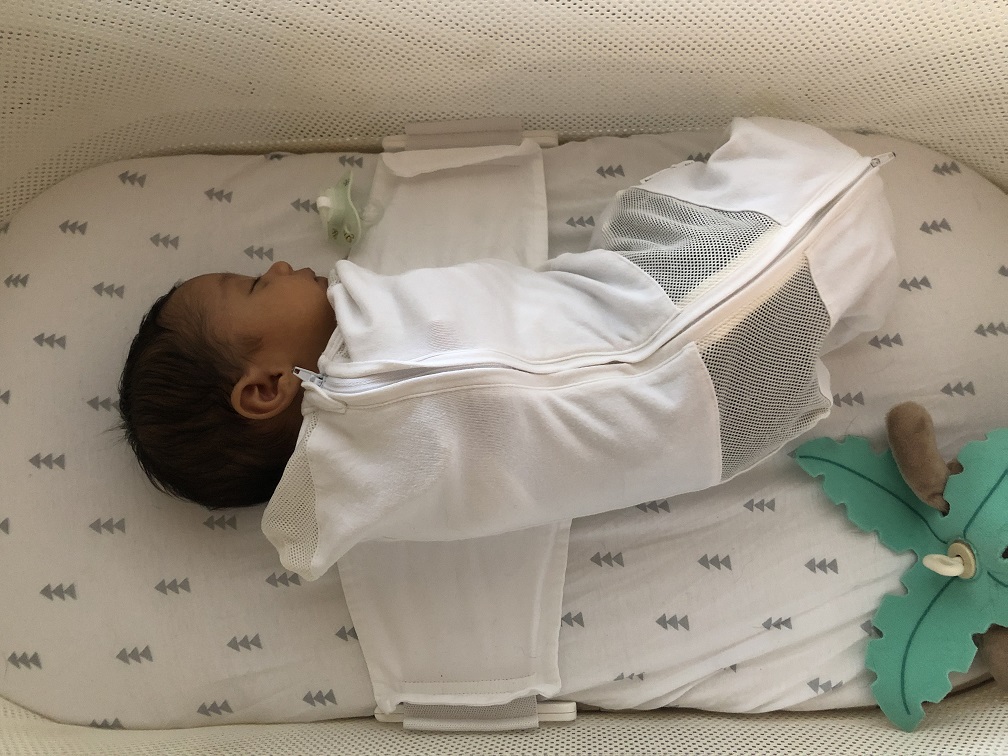
In spite of appearances, this is not a rant against science or western medicine, or the mommy blogs trying to convince us there’s one right way to do (pick a topic). I guess it’s just my way of trying to infuse a little grace and reality into the conversation.
For me, the best I know how to do is to make choices given the best information we have available right now knowing it will inevitably change.
It’s to make decisions with the understanding that there are a lot of layers to the scientific process. There are politics (who’s funding the research?), gender bias (most studies historically don’t include women and children, pregnant women especially), profit bias (why study something unless there’s money involved?) and racial bias (one of the most harmful in the medical world) just to name a few.
Is it possible to get to the truth through all of these layers? Maybe. More likely, the truth is a prism and we are capable of seeing one or two angles. Instead of letting each decision be one riddled with anxiety or complete conviction, it’s probably healthier for all of us to understand our limits, read the science, trust our gut, practice our mama/parent instincts, and just do the best we can.
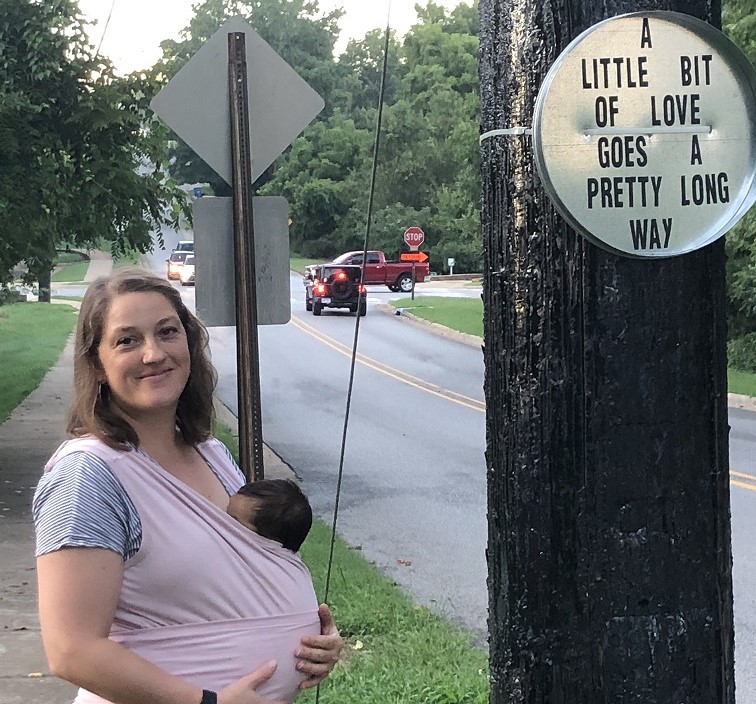
(And maybe stop doom scrolling on Instagram so much).
What are your thoughts/comments? I’d love to hear from you and your journey!
Google+
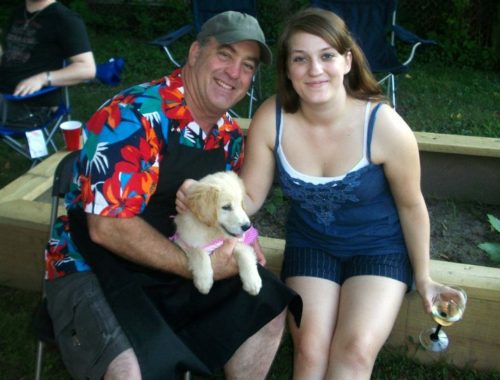
No Comments